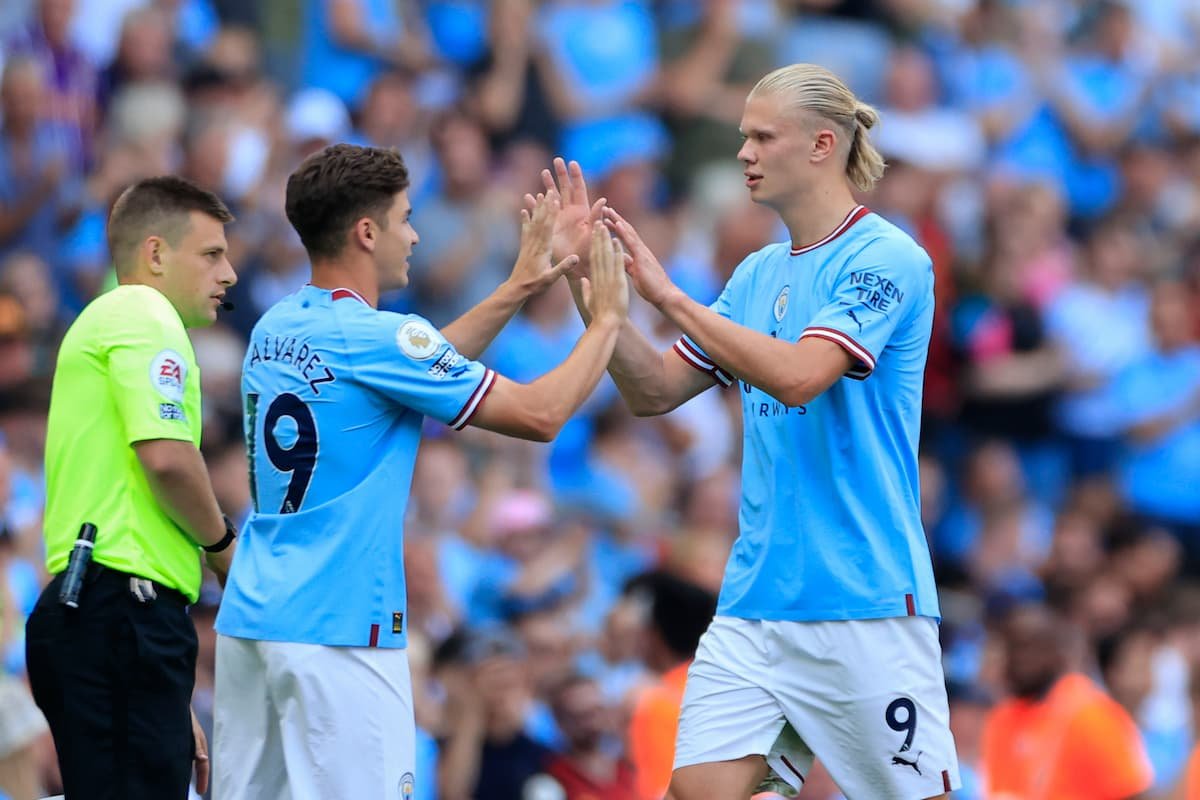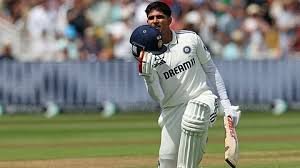
In today’s fast-paced and high-pressure world of professional football, players’ mental well-being is finally receiving the attention it has long deserved. As the game has evolved, so has the recognition that peak performance isn’t just about physical strength and technical skill — it’s also about psychological resilience and mental health.
A Long-Overlooked Issue
In past decades, mental health in football was a taboo subject. Clubs, coaches, and even players themselves often ignore the emotional struggles that can come with the sport. Many athletes suffered in silence, and issues like depression and anxiety were rarely acknowledged, let alone addressed.
Young players, in particular, were vulnerable. They faced immense pressure to perform and live up to expectations, often without the psychological support to navigate such a high-stakes environment. Fans, meanwhile, rarely saw the human side of players — instead, they viewed them as privileged individuals immune to everyday problems.
Changing the Narrative
Thankfully, the conversation around mental health in football has shifted in recent years. High-profile players have started to speak out about their battles, helping to destigmatise mental illness within the sport. Clubs and organisations are taking concrete steps to support players’ mental well-being through workshops, dedicated staff, and awareness campaigns.
The causes of mental health struggles in football are varied. Social media plays a major role — abusive messages and public criticism after poor performances can leave lasting emotional scars. Family issues, the burden of expectations, career uncertainty, and injuries can also weigh heavily on a player’s mind.
When Talent Meets Tragedy
Brazilian striker Adriano’s career is a striking example. Once hailed as one of the most gifted forwards of his generation, his trajectory changed dramatically following his father’s death. Struggling to cope with the loss, Adriano’s form dipped, and he never fully recovered.
Former England captain Tony Adams has also opened up about his long battle with alcohol addiction and mental health issues. Today, he’s a leading advocate for mental health awareness in sport.
Then there’s Andrés Iniesta — the quiet genius of Barcelona and Spain. Amid incredible success, he battled depression and anxiety, a hidden struggle brought on by pressure and personal grief.
The Social Media Storm
Young players today face challenges their predecessors never encountered. With the rise of social media, abuse from fans is just a comment away. A single missed penalty or mistake can spark a flood of negativity online.
Chris Turner, a former Manchester United goalkeeper, addressed this in an interview with RG.org, offering timeless advice:
“Stay off social media. After every big match, players can be targeted for mistakes, missed penalties, or sending-offs… Today, clubs have welfare officers and social media managers, but my advice remains: stay away from social media, ignore the criticism, and focus on your game. If you can’t handle criticism, you won’t make it as a professional footballer.”
Steps Forward — But More to Be Done
Football is finally starting to take mental health seriously. Most top clubs now employ sports psychologists and welfare officers working with academy and senior players. Governing bodies have also launched initiatives to promote mental wellness and offer support.
However, while progress has been made, there’s still much more work ahead, particularly when protecting and supporting young players at the beginning of their careers. Mental health must be treated with the same importance as physical conditioning. Only then can players truly thrive both on and off the pitch. The Role of Physical Activity in the Healthy Lifestyle of Students




